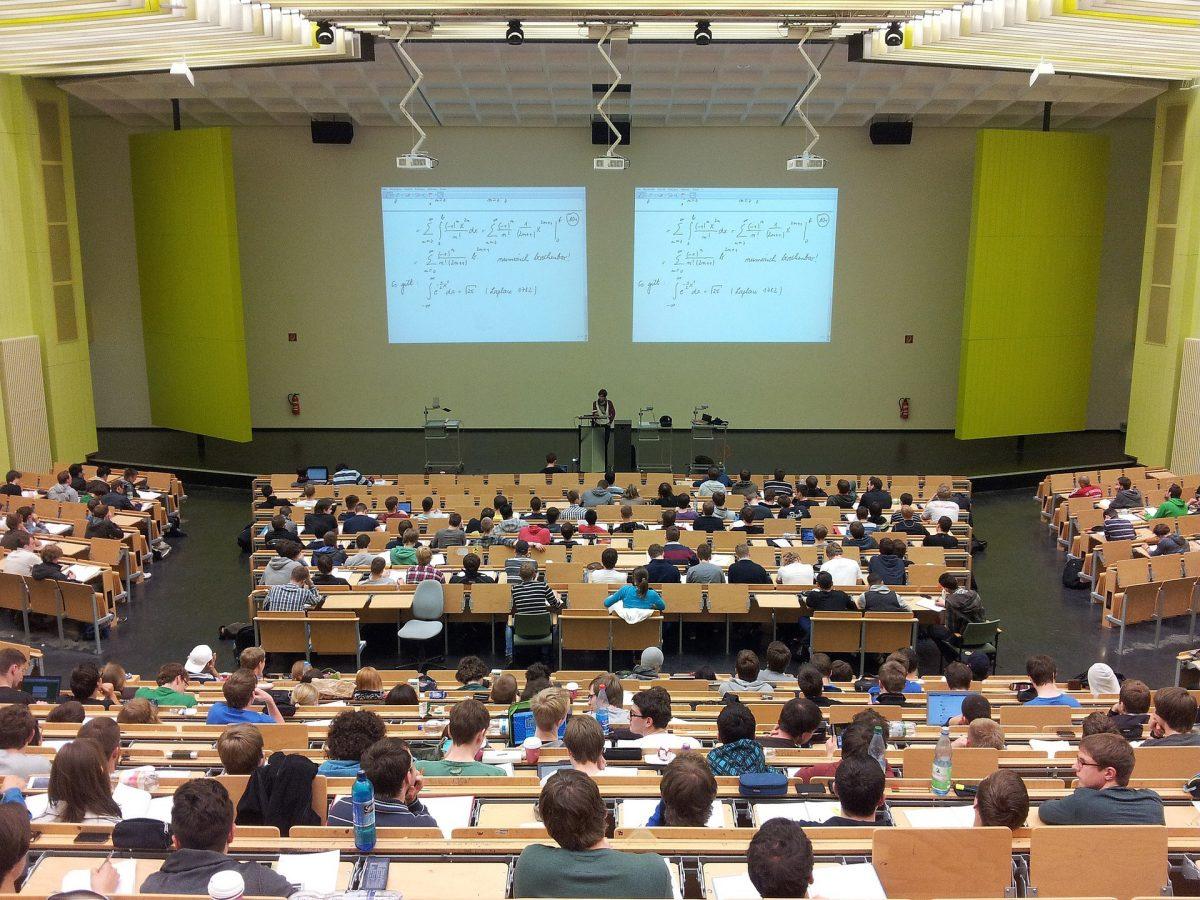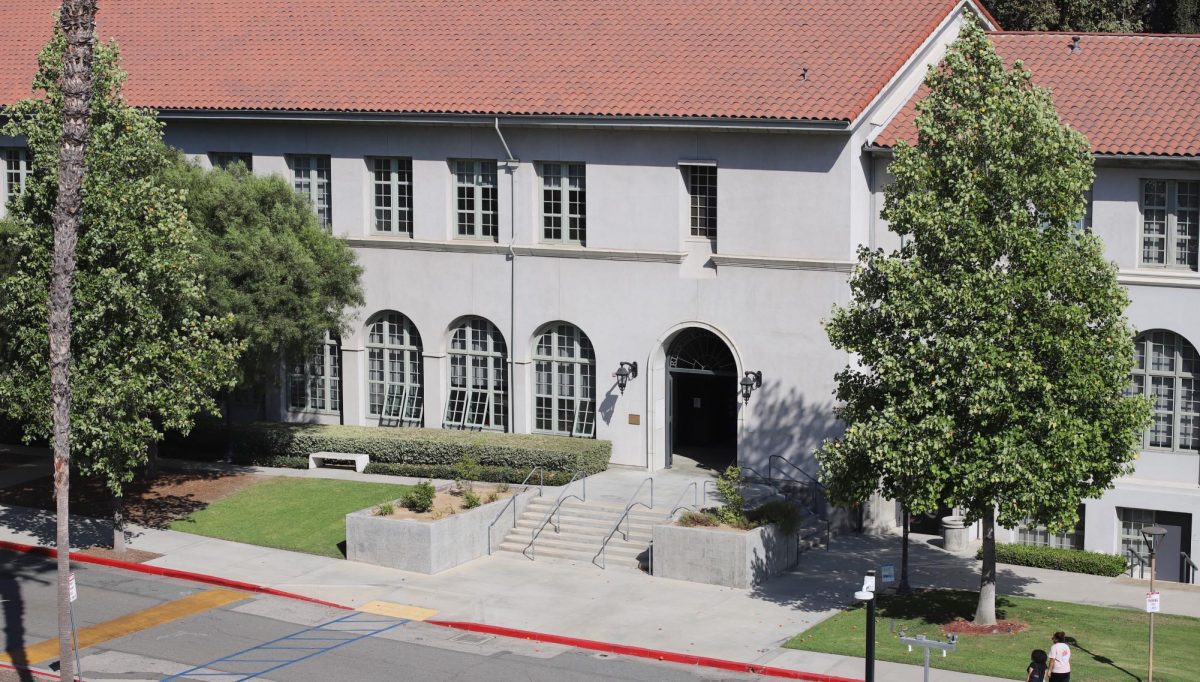“Math and English is for Everyone.” Signs around campus show that there is no longer a need for remedial math and English courses because studies show that passing college level courses is attainable.
However, is it fair to hold back, say, an English major from graduating because they can’t pass a higher level math course? How would math improve a student’s desire to be an English professor?
We, the Viewpoints Editorial Board, believe that math requirements for non-math majors needs to be revised with the student’s success and future in mind.
Of course, everyone needs to learn basic numerical skills. Decimals, ratios, percentages and other fiscally related subject stays with a person for most of their lives regardless of their profession.
According to Riverside City College’s Student Success Scorecard, 75.8% of students were deemed “unprepared for college” since their placement test scores set them at a remedial level in mathematics. This goes to show that there are students of all majors and different backgrounds who have to start from the ground level.
This isn’t surprising considering that the percentage of students who started out in a remedial math course and went on to complete a college level math course within a six year time period has not exceeded beyond its 24-30% trend.
Community colleges like ours are filled with students who are usually balancing more than the average college student. Working and other demanding situations in their lives have an effect on their access to success in education.
There are a number of reasons why so many students struggle with mathematics courses, from the simple lack of understanding numbers to the more complex issues of having a learning disability. No matter the cause, it can become discouraging when this weakness hinders a student’s ability to earn their bachelor’s degree.
Some schools, like Pierce College and College of the Canyons, have experimented with programs such as the Carnegie Foundation’s Statway and those developed by the California Acceleration Project. Courses in statistics and data analysis designed for non-math and science majors as a way to reach college-level quantitative reasoning without getting stuck in non-credit remedial courses or completing a traditional intermediate algebra course.
Supporters of this approach have noted that students find the material more engaging — and more immediately useful in following political polls, analyzing sports data or understanding research methodology.
The California State University system took a step further in 2018 by removing the intermediate algebra requirement from non-math and science majors before transferring to one of its campuses. This is incredibly important to the success and future of many students across California and the United States as a whole.















